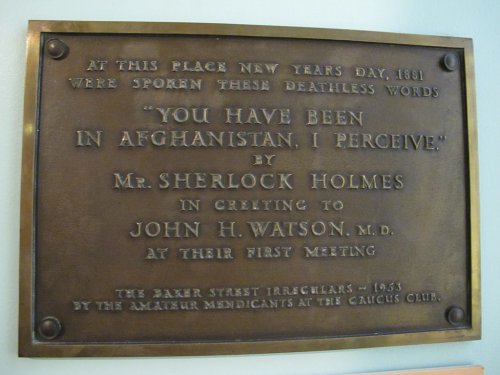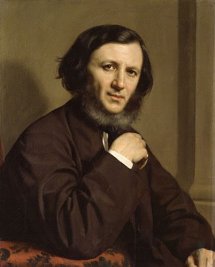
In August 1891, a man named Frank Melbourne arrived in drought-stricken Cheyenne, Wyo., and claimed that he could summon rain at will. He proposed to produce rain within three days in return for a sizable fee.
“He established himself in the loft of a barn in the suburbs of the city and has been there ever since, except when leaving it for his meals,” reported the Rocky Mountain News. “The only apparatus or chemicals he took into his retreat were contained in four ordinary gripsacks. The windows of the barn were carefully shaded with blankets, and the crevices in the floor of the barn loft covered to prevent any eye penetrating the mystery of the rain-making laboratory.”
At first his efforts seemed to have no effect, but on the third day the sky darkened. “Business was almost suspended and thousands of people were on the streets watching the clouds. At 2:40 o’clock there was a heavy peal of thunder and a vivid flash of lightning, and in a few moments the rain came down in torrents.” Melbourne emerged and claimed credit; to convince skeptics, he returned to the loft a few days later, and again showers fell.
This established his reputation, and he moved on to Salt Lake City and Kelton, Utah, and Goodland, Kan., which were also suffering dry spells. He returned to Cheyenne the following summer, promising to cover 5,000 square miles with rainfall, but this time he produced only a few scattered showers. The committee refused to pay him, and he left Cheyenne for good.
Scientific American noted that Melbourne spent the years 1892 to 1894 aboard a specially rigged railroad car, offering his services to any community along the route. “So long as frequent rains occurred,” the editors observed, “although they were natural and were predicted by the Weather Bureau …, yet the farmers of Iowa, Kansas, and Nebraska, ignoring this fact, were sure to accredit all success to Mr. Melbourne.”
The Iowa Weather and Crop Service was more blunt. Melbourne ought to emulate the rain dancers of the Winnebago Indians, it said: “When they begin operations they never let up until it rains, so they score a success every time.”







